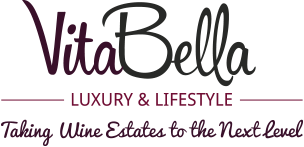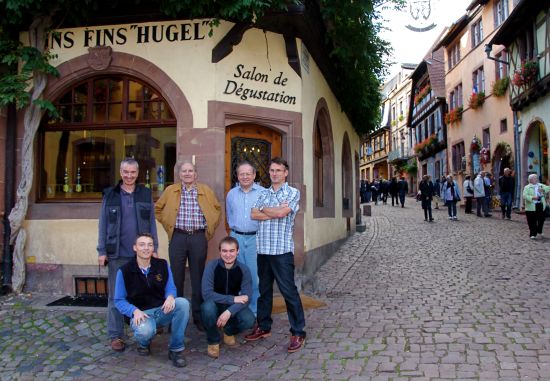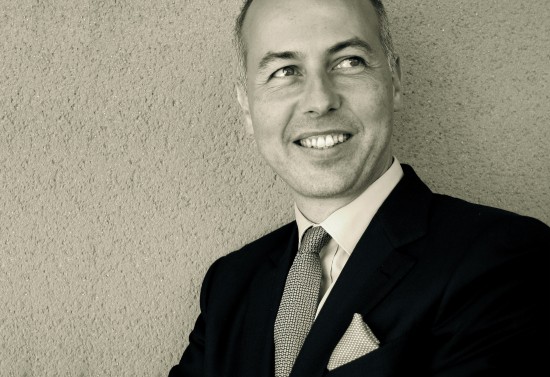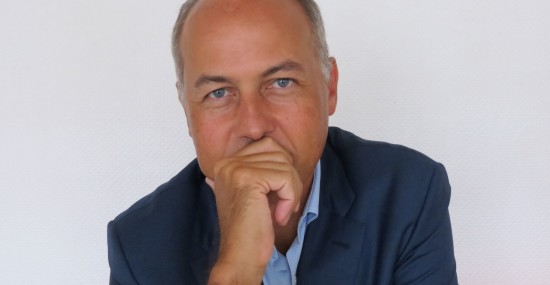Are there any dry wines left in Alsace? How many of us have been disappointed when opening a bottle of Riesling or Gewurztraminer from Alsace to find it’s got a sweet finish, when what we were actually expecting was a dry wine. Of course we’re not talking here about the delicious vendanges tardives (late harvest) or Sélections de Grains Nobles wines. In the article “The New Hugel” by Stuart Pigott that appeared this week in his New York Riesling Diary, Jean Fréderic Hugel mentioned this very problem: “The biggest drama of Alsace is that we’re losing our style. 20 years ago people knew they would get a dry Riesling, a dry Pinot Gris an a food friendly Gewürz, but now there are too many easy-drinking sweet wines. This is a terrible mistake.”
The industry is tackling the issue head on by making it compulsory, as of 2016, to print the word sec (dry) on the label of white Alsace wines containing less than 4g of residual sugar per liter. In this way they hope to bring clarity and transparency to the wine offering from Alsace. Is this the right solution for consumers? Undoubtedly, since it will be easier for them to make an informed decision. But is it a good thing for Alsace in general and for its international image? Doesn’t putting the word ‘dry’ on the label only serve to emphasize that Alsace wines are sweet and there are therefore some exceptions that are identifiable thanks to the three letter word DRY?
It’s a question that’s worth asking since this decision will have an impact on the image of Alsace wines around the world. At the London and New York launches of Schoelhammer, the Hugel family’s new Grand Dry Riesling, Etienne Hugel explained: “At the end of the day, in Alsace, wines that are no longer dry are going to have the veil lifted on them. But it’s pretty silly because this new ruling suggests Alsace wines have become sweet, whereas in the mind of the consumer they ought to be equated with dry wines. It’s a dreadful idea. Since 1639 the Rieslings produced by Famille Hugel have been dry and they are going to stay that way, and that’s why we want to dissociate ourselves from this decision.”



